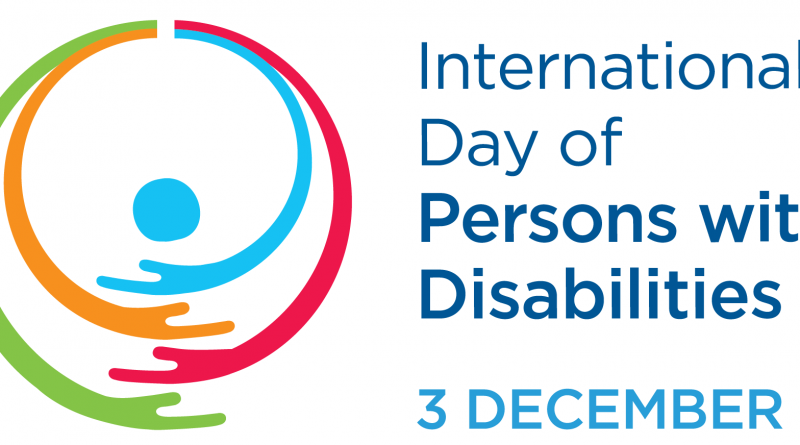International Day of Persons with Disabilities December 3rd: Transformative solutions for inclusive development
The 13 December 2006 adoption of the Convention on the Rights of Persons with Disabilities (CRPD) underlines that all people, regardless of their disability, must have access to all fundamental liberties and human rights. Since then, the International Day of Persons with Disabilities is observed yearly on every December 3rd
This year’s, 2022 International Day of Persons with Disabilities’ official topic encourages us to investigate “Transformative solutions for inclusive development: the role of innovation in fuelling an accessible and equitable world”.
180 to 200 million individuals between the ages of 10 and 24 are thought to live with a mental, intellectual, physical, or sensory handicap worldwide. Almost one in five women worldwide are disabled women. Although they are less likely to use preventative, response, and support services, people with disabilities are up to three times more likely to experience physical, sexual, and emotional abuse
Because of the persistent effects that the COVID-19 epidemic has had on women and girls with disabilities, UNFPA recognizes the role of innovation as an enabling factor and works with women and girls to find telemedicine and app-based solutions to the unmet need for sexual and reproductive health.
In order to speed up the type of organizational transformation that embraces diversity and promotes equality, UNFPA introduced its disability inclusion strategy last year, placing people with disabilities at the very center of all it does.
Every day, including on this International Day of Persons with Disabilities, UNFPA strives to make the world more accessible and equitable for everyone by ensuring that everyone has access to sexual and reproductive health and rights.
The United States affirms its crucial position as a global advocate for disability inclusion.
In addition to providing grants and sharing resources and knowledge to assist governments, organizations for people with disabilities, and other stakeholders in developing and putting into practice disability-inclusive policies and practices, the Department of State supports this priority. Our worldwide disability policy initiatives are led by Sara Minkara, U.S. Special Advisor on International Disability Rights.
Along with our partner from civil society, the International Disability Alliance, the United States co-chairs the Global Action on Disability (GLAD) Network. We established a new ad hoc working group on inclusive political action and democratic involvement through GLAD. In addition, as part of the Summit for Democracy, we are continuing our engagement with governments, civil society, and the commercial sector on disability-inclusive democracy.
People with disabilities must be included and taken into account in policy solutions, whether in the context of climate action, political engagement, or disaster planning. Successful inclusion also demands visibility.
We reaffirm our commitment to incorporating disability into every aspect of foreign policy today. We do this in the knowledge that secure, inventive, and creative societies are those in which all people are valued and given the means to fully participate in society.




